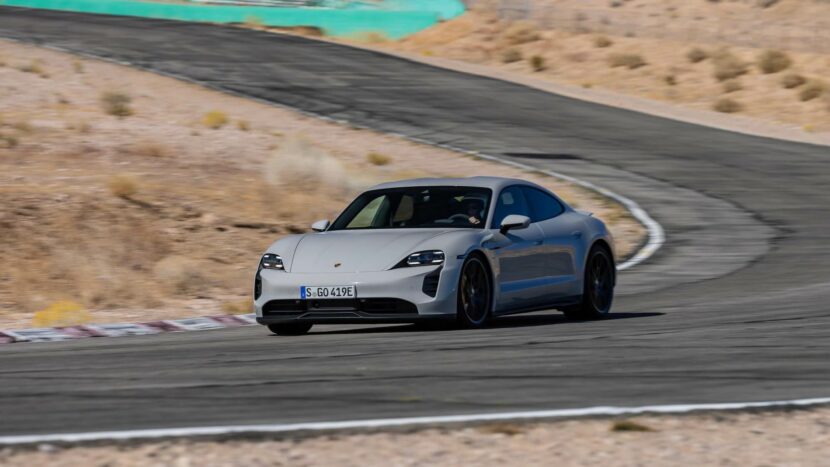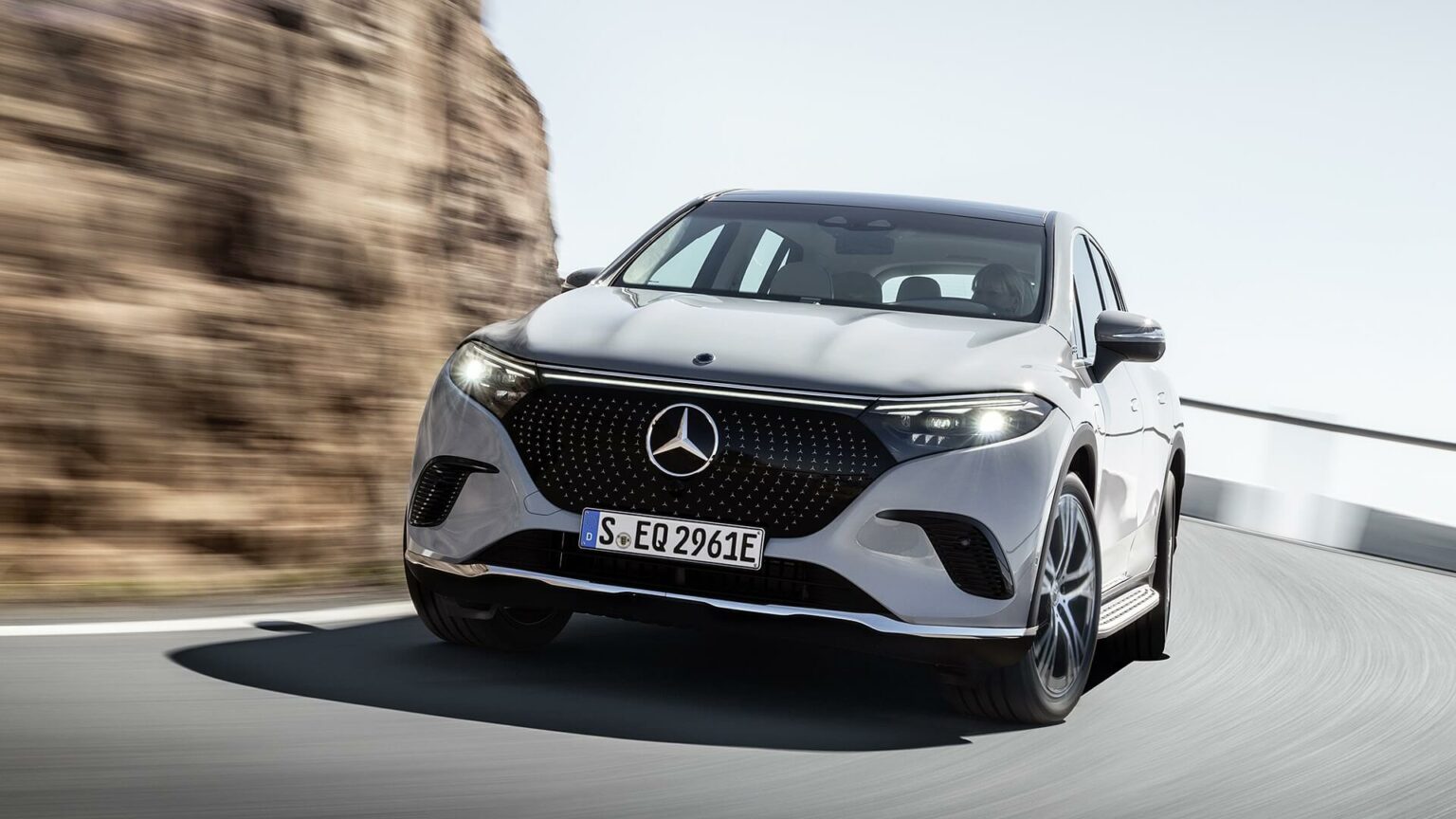
Wolfsburg and Stuttgart both said that the plan was possible.
The European Commission approved the proposal to ban new passenger cars with internal combustion engine in the European Union. This ban will be effective from 2035. While the new law is still under discussion between member states late this year, it evoked reactions from Europe’s largest economies. France and Germany criticized the plan as too ambitious and expensive and would have a huge negative impact on the sector. Mercedes-Benz and Volkswagen, the two largest automakers in Europe, believe that the plan can be achieved.
Wolfsburg-based manufacturer, Volkswagen, was the first to respond by expressing support for the ICE ban starting in the middle of next decade. Volkswagen stated that the European Union’s strategy for decarbonization is “ambitious, but achievable” and that electric mobility was “irreversible.” This statement was quoted by Automotive News.

The proposed ban on new cars with combustion engines was also supported by voices from Stuttgart, Mercedes’s headquarters. The automaker said that it could reach this goal sooner than the law requires. Eckart von Klaeden (head of Mercedes’ external relations) stated that the automaker is ready to go completely electric whenever market conditions permit. “This decision places the responsibility on policymakers to ensure that the infrastructure is in place.”
Mercedes and Volkswagen are not the only automakers that support the ban. Stellantis, Jaguar, and Ford are just a few of the European automakers that support the ban on the internal combustion engine. The new law must be approved by all 27 EU countries before it can be finalized. This could be difficult given the large economies of France, Germany, and Italy that are against the law’s current form.